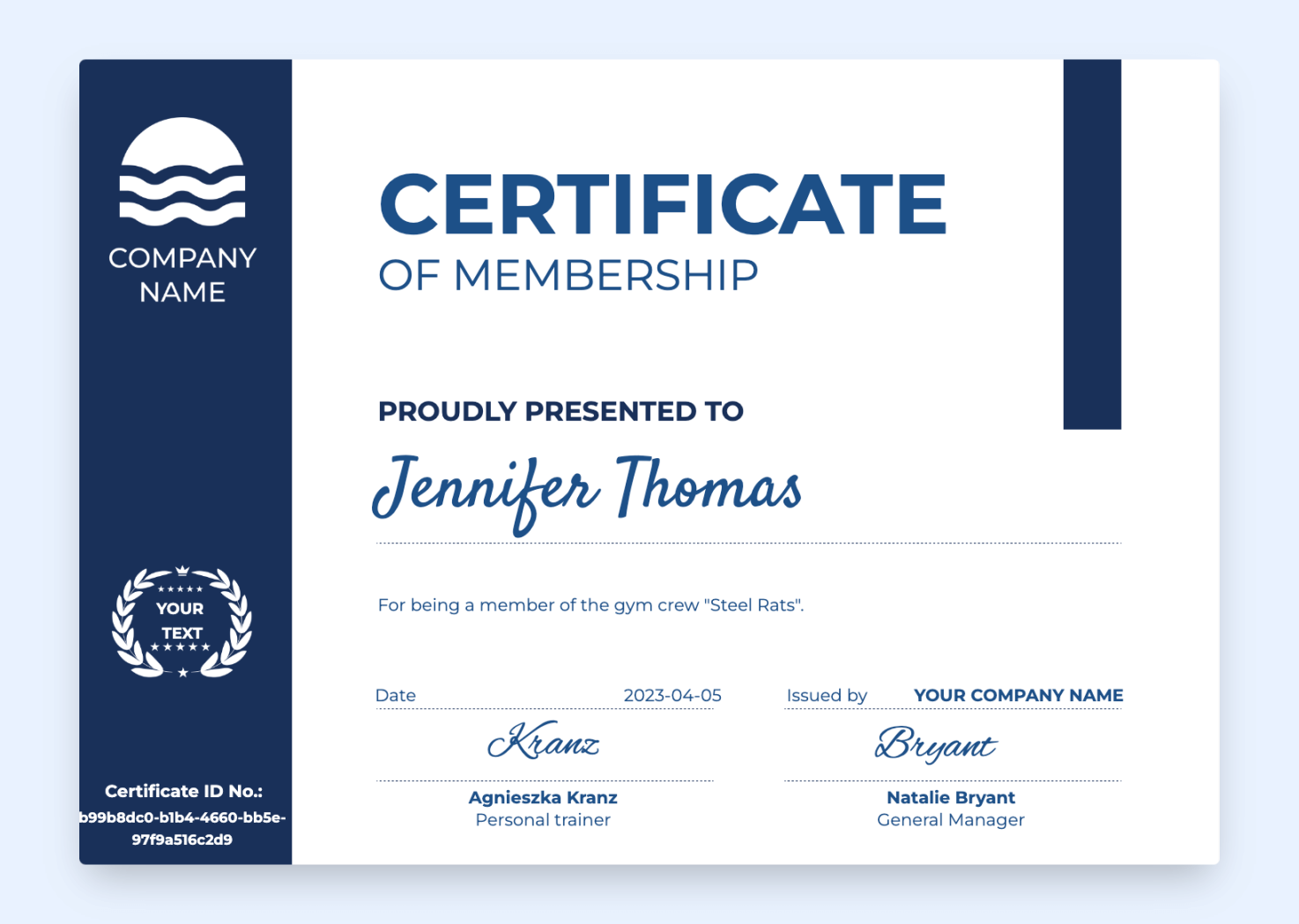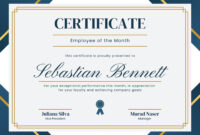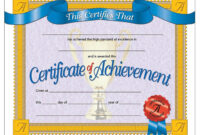A New Member Certificate Template is a formal document that acknowledges and welcomes a new individual into a group, organization, or community. It serves as a tangible representation of their membership and can be a valuable keepsake. Designing a professional template is crucial for conveying a positive and lasting impression.
Design Elements for Professionalism and Trust

1. Font Selection: Choose a font that is both legible and elegant. Serif fonts like Times New Roman or Garamond often exude a sense of tradition and formality, while sans-serif fonts like Arial or Helvetica can be more modern and clean. Avoid overly decorative or difficult-to-read fonts.
2. Layout and Spacing: The layout should be balanced and easy on the eyes. Use consistent margins and spacing between elements. Ensure that the text is well-aligned and avoids crowding. Consider using a grid system to maintain a structured appearance.
3. Color Scheme: Opt for a color scheme that is professional and visually appealing. Avoid overly bright or garish colors. Consider using a combination of neutral tones (e.g., black, white, gray) with a subtle accent color.
4. Imagery: If you choose to include imagery, ensure it is relevant, high-quality, and complements the overall design. Avoid using overly generic or distracting images.
5. Branding Elements: Incorporate your organization’s branding elements, such as your logo, tagline, and color scheme. This helps to reinforce your identity and create a consistent visual experience.
6. Certificate Text: The text should be concise, clear, and informative. Use formal language and avoid jargon. Consider including the following information:
Recipient’s Name: Clearly state the name of the new member.
7. Certificate Seal: A seal can add a touch of formality and authenticity to the certificate. It can be a simple design or a more intricate seal with your organization’s name or emblem.
Tips for Effective Design
Keep it Simple: Avoid clutter and excessive ornamentation. A clean and uncluttered design is often more effective.
By carefully considering these design elements and following the tips provided, you can create a New Member Certificate Template that is both visually appealing and professionally impactful. A well-designed certificate will serve as a lasting reminder of the new member’s affiliation and contribute to a positive and welcoming experience.


![Best Certificate Of Employment Samples [Free] ᐅ TemplateLab](https://ashfordhousewicklow.com/wp-content/uploads/2024/09/best-certificate-of-employment-samples-free-templatelab_1-200x135.jpg)